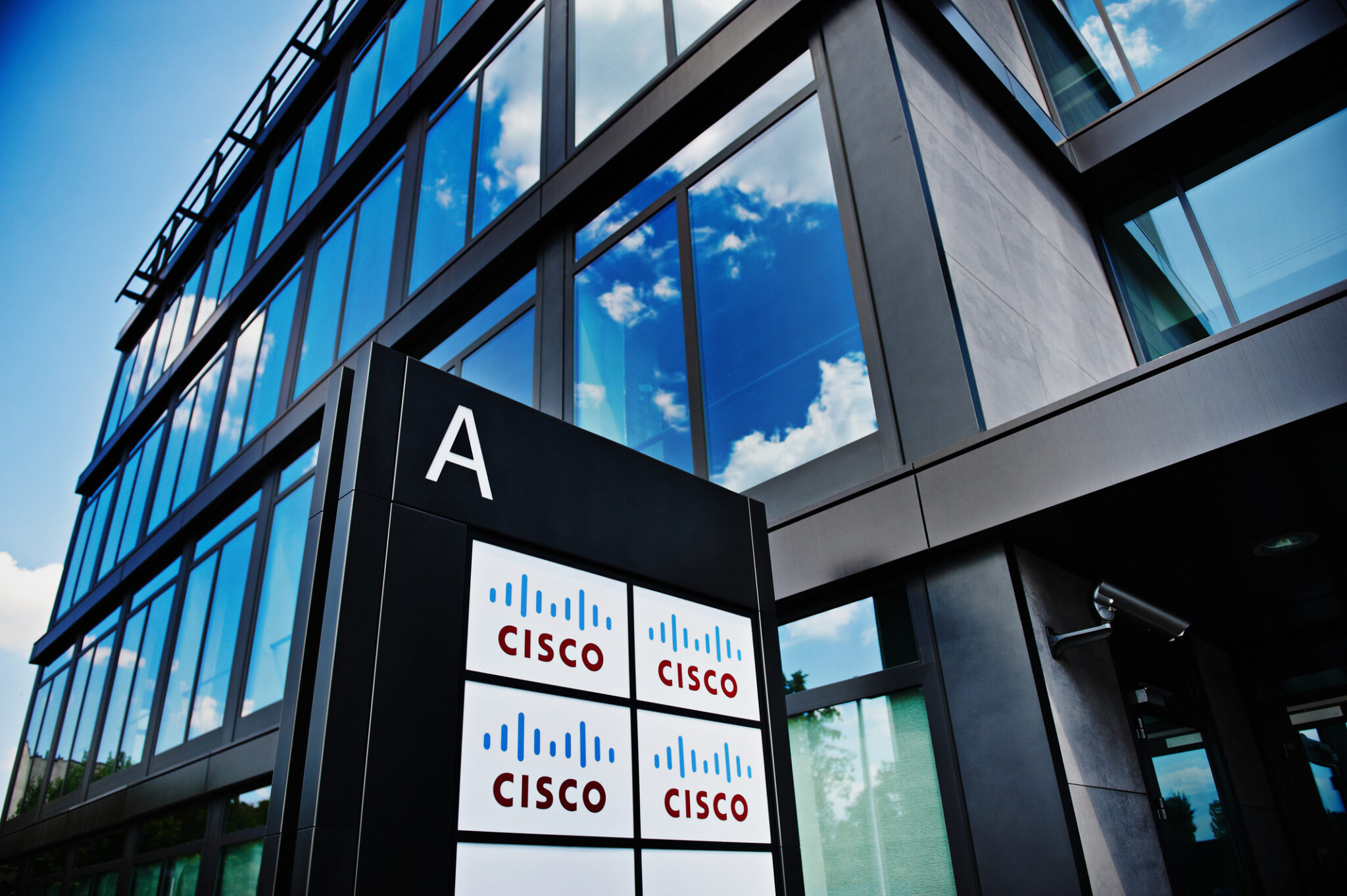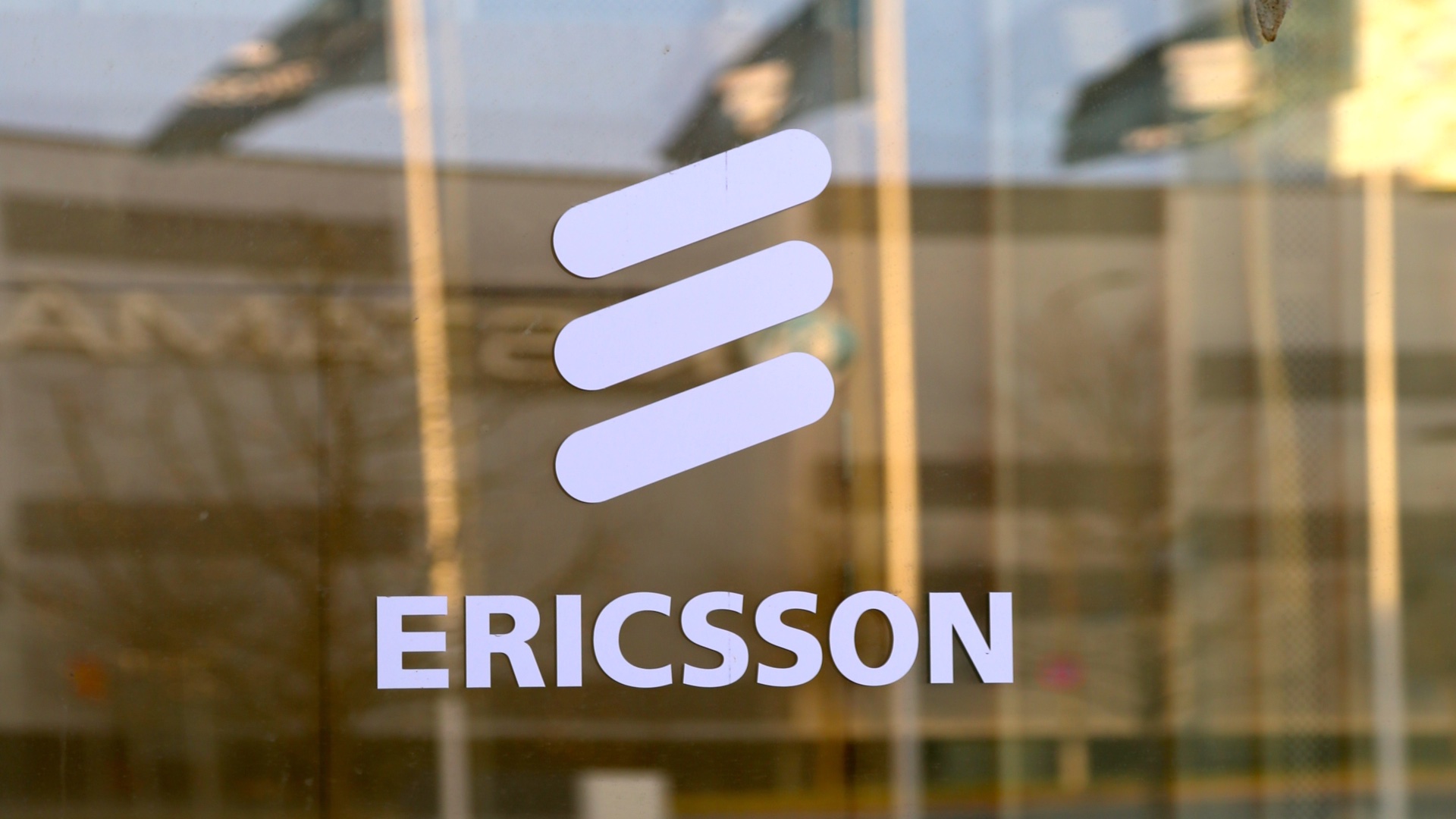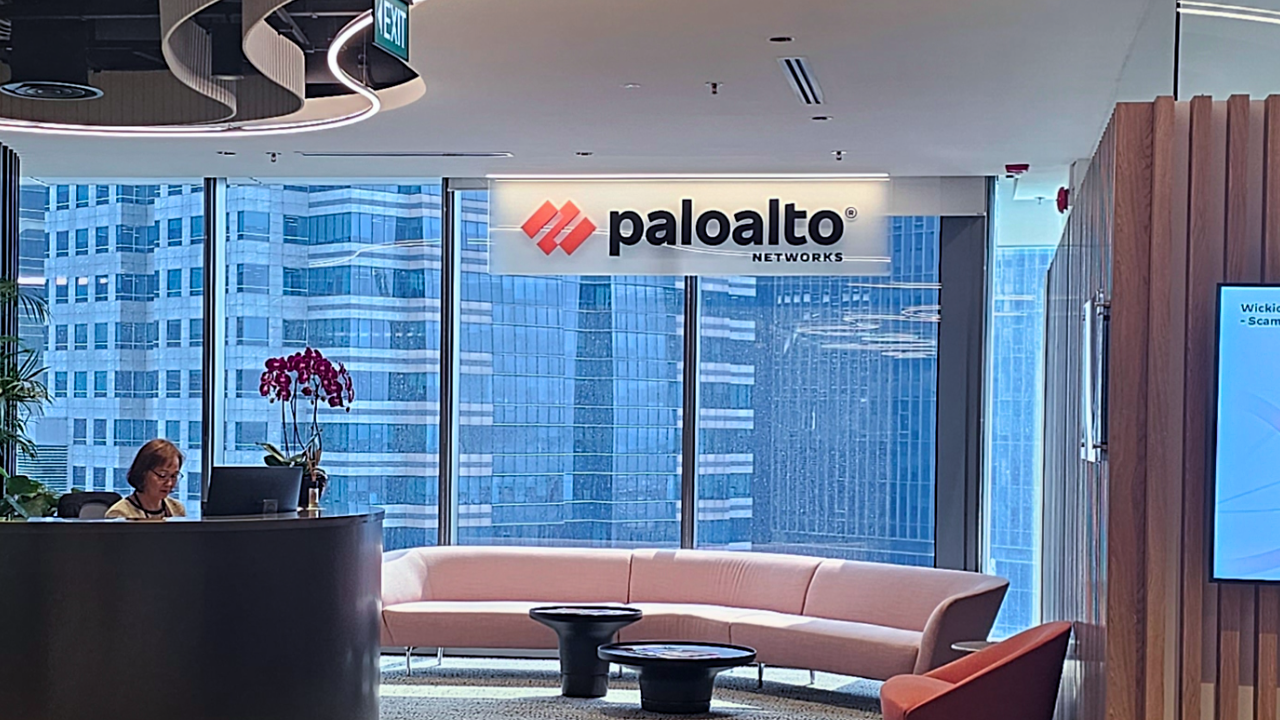Just a few months ago, generative artificial intelligence was a technological curiosity, a topic for coffee conversations and after-hours experimentation. Today, it is a powerful tool that has become a permanent part of the business landscape and is revolutionising the way we work.
Behind the media hype around language models, however, is a fundamental question that everyone in the IT industry is asking themselves: “How will artificial intelligence affect my career?”. Indeed Platform’s latest report sheds new light on this question, providing concrete answers and identifying the IT sector as the epicentre of the changes to come.
Is this a cause for concern or an unprecedented opportunity?
Analysts from Indeed Hiring Lab conducted an in-depth analysis of more than 2,800 job skills to assess their vulnerability to the impact of generative AI. The conclusions are unequivocal and should come as no surprise to anyone in the industry – technology is changing itself first and foremost.
It is IT people, who will feel this transformation most strongly. The results of the research paint a stark picture of the scale of this phenomenon. It turns out that more than half of all job-related skills in the technology sector are highly exposed to the transformation.
When we look at the competences with the highest potential for near-total change, we see that almost three out of five of them are strictly technological skills. This trend affects developers the hardest, as the competences mentioned in a staggering 82% of developer job offers are among the group most susceptible to deep change.
However, before anyone starts spinning science-fiction visions, it is worth quoting a key counterpoint from the report. The analysts point out that less than 1% of all skills surveyed are rated as fully replaceable.
It is not a revolution that will wipe us out of the job market, but a profound evolution that will redefine roles in IT.
Why is it that IT has found itself in the eye of the cyclone? The answer lies in the nature of the work. Generative AI, contrary to appearances, is not a creative entity, but an extremely sophisticated tool for recognising and replicating patterns in huge data sets.
It excels wherever there are clear rules, logic and structured information. The work of a programmer is a perfect example of this. Programming languages are based on strict syntax and precise rules.
Processes such as writing standardised code, refactoring, finding bugs or creating unit tests are largely repetitive in nature. These are tasks in which GenAI already demonstrates superhuman efficiency.
Tools such as GitHub Copilot have ceased to be a novelty and have become a daily support for millions of developers around the world. GenAI is simply another, more powerful step along the same path.
Now that we know what is changing and why, it is time to ask the most important question: what does all this mean for you? First and foremost, it signals that the role of the IT specialist is evolving. Skills that were valued just five years ago may soon become secondary.
The ability to write simple, repetitive code or manually sift through tests will increasingly be delegated to machines. However, this does not mean that the demand for experts is declining. On the contrary, the demand for higher-level competences is growing.
AI becomes our personal assistant, a coding partner that frees up our time and potential, allowing us to focus on what humans are irreplaceable at.
The new role of the specialist requires a shift in emphasis from being a doer to being a strategist and architect. Professional value will depend less and less on the ability to write line-by-line code and more and more on the ability to design robust, scalable systems, deeply understand business objectives and select the right technologies to solve real-world problems.
This strategic shift naturally entails an increase in the importance of soft skills. Effective communication with the team and the customer, a creative approach to the obstacles encountered and the empathy to translate human needs into the language of technology is a domain where AI will not be able to compete with humans for a long time to come.
At the same time, mastering cooperation with artificial intelligence itself becomes a practical requirement. It must be treated as an extremely capable but initiativeless assistant, which means learning to formulate commands precisely, so-called ‘prompt engineering’.
Ultimately, in this new working model, it is the human expert who remains in the key role of verifier and curator. The ability to critically assess the results generated by the machine, catch subtle errors and take full responsibility for the final product becomes absolutely fundamental.
The Indeed report is not a prediction of the professional apocalypse. Rather, it is a roadmap of the changes to come and a valuable guide for anyone who wants to consciously shape their career. Transformation in IT is inevitable and will be more profound than in any other sector.
However, this does not mean the end of work for professionals, but rather the beginning of an exciting new era. The question we need to ask ourselves is not “will AI take my job?”, but “how can I use AI to make my work more creative, valuable and effective?”.
The future belongs to those who will stop seeing AI as a threat and start treating it as the most powerful tool in their arsenal. It is time to start learning it.












